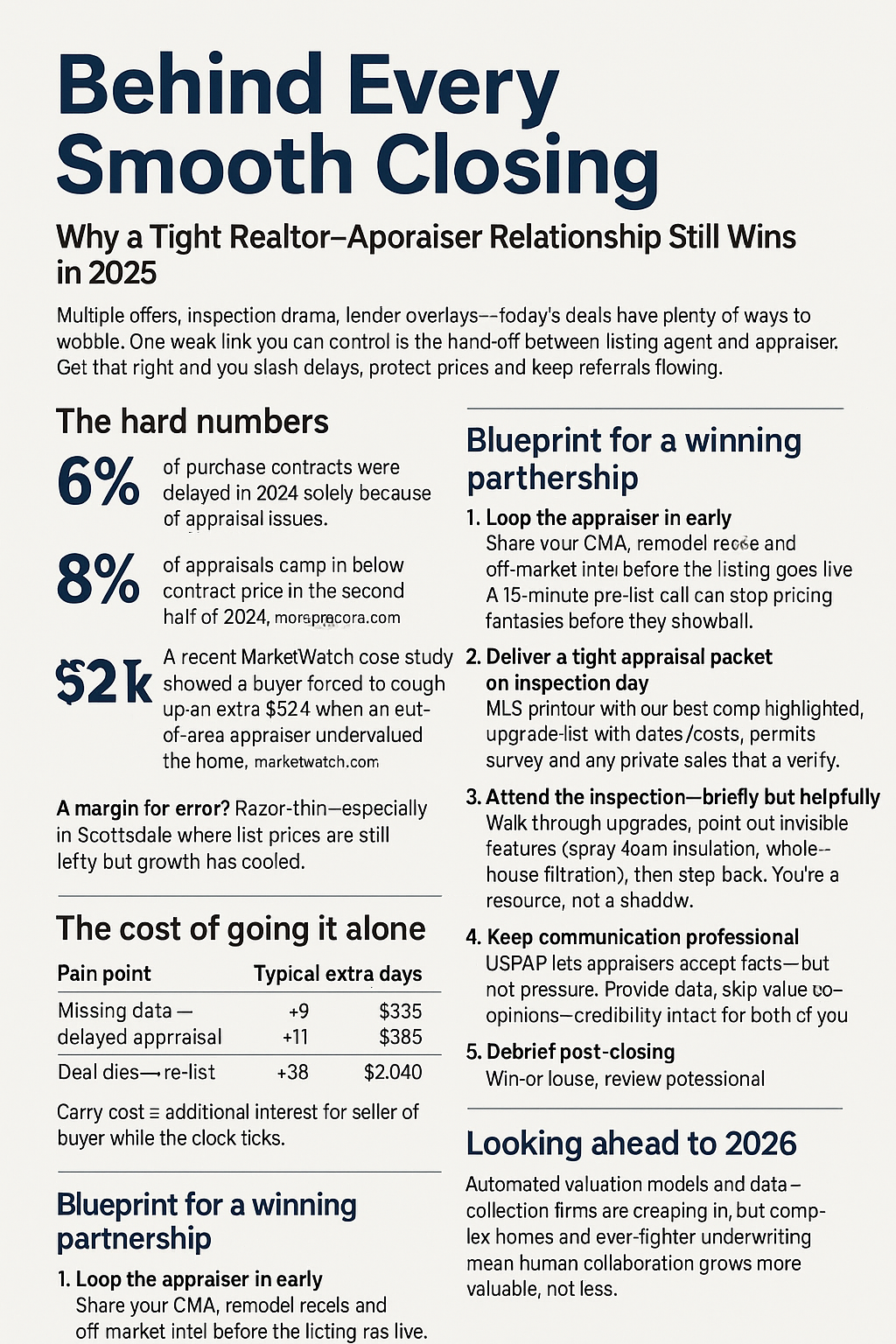Understanding Date of Death Appraisals
A date of death appraisal is a professional evaluation of a property’s fair market value as of the date when the owner passed away. This appraisal plays a vital role in several areas, from legal processes to tax implications. Here’s why it’s essential:
1. Estate Settlement
Settling an estate involves determining the value of all assets, including real estate. An appraisal provides an accurate valuation of the property at the time of death, ensuring that the estate is settled fairly and correctly. This is a necessary step in the probate process and helps in distributing the assets according to the deceased’s will or state law.
2. Tax Purposes
For tax purposes, the Internal Revenue Service (IRS) requires the fair market value of the property as of the date of death. This valuation is used to calculate any estate taxes owed. Additionally, this value establishes the “step-up” in basis for heirs, which is crucial for determining capital gains taxes if the property is sold in the future.
3. Equitable Distribution
When a property is inherited by multiple heirs, an accurate appraisal ensures that the distribution of the estate is fair. Knowing the property’s value helps prevent disputes among heirs and ensures that everyone receives their rightful share.
4. Refinancing or Selling the Property
Heirs might decide to refinance the property or sell it. An up-to-date appraisal gives them a clear understanding of the property’s value, aiding in financial decisions and making the process smoother. This can be especially important if the property needs to be sold quickly to cover estate taxes or other expenses.






